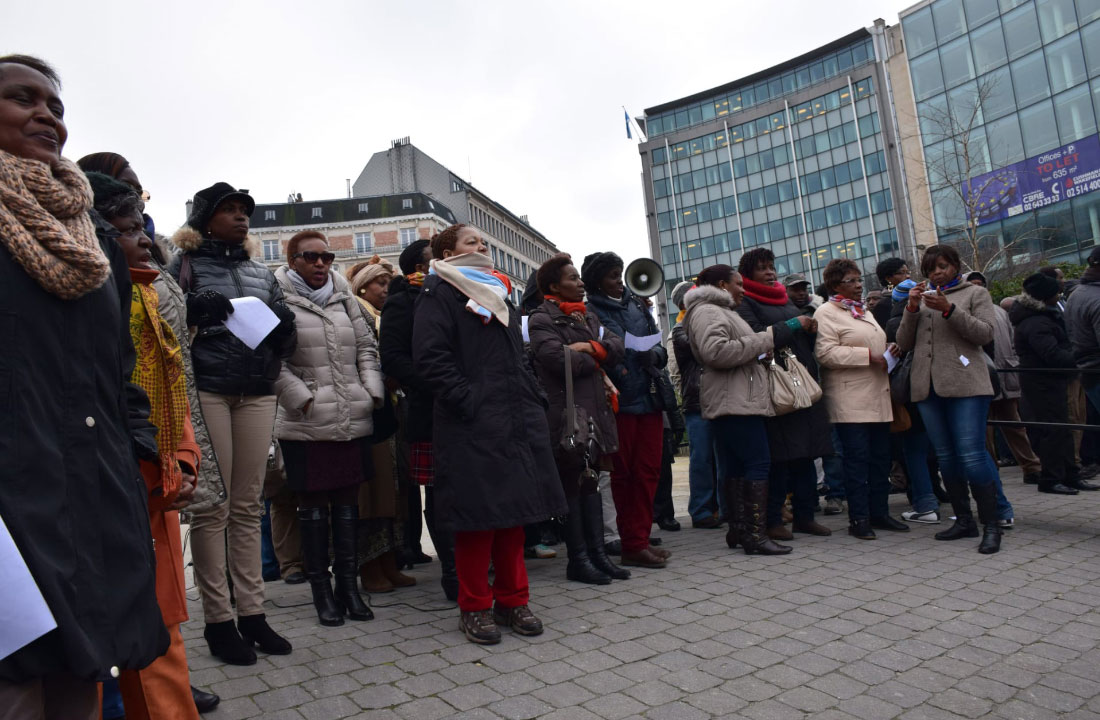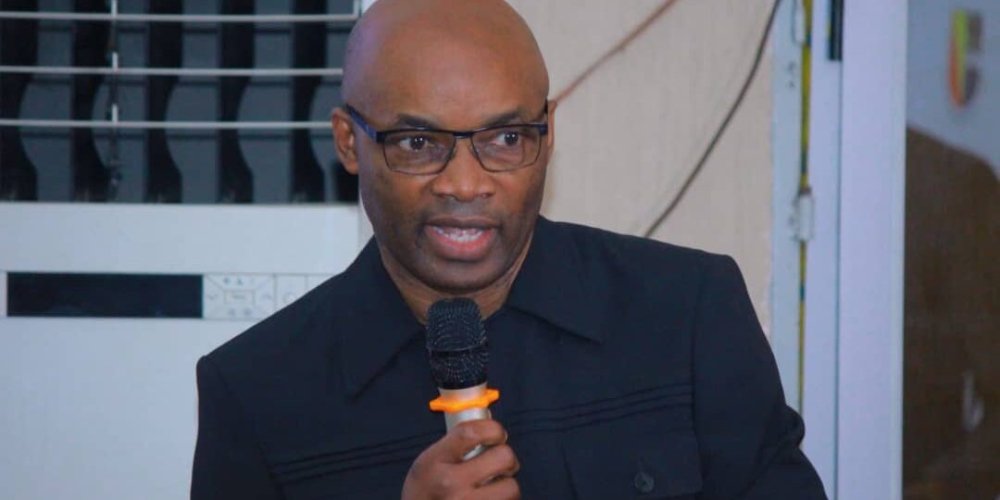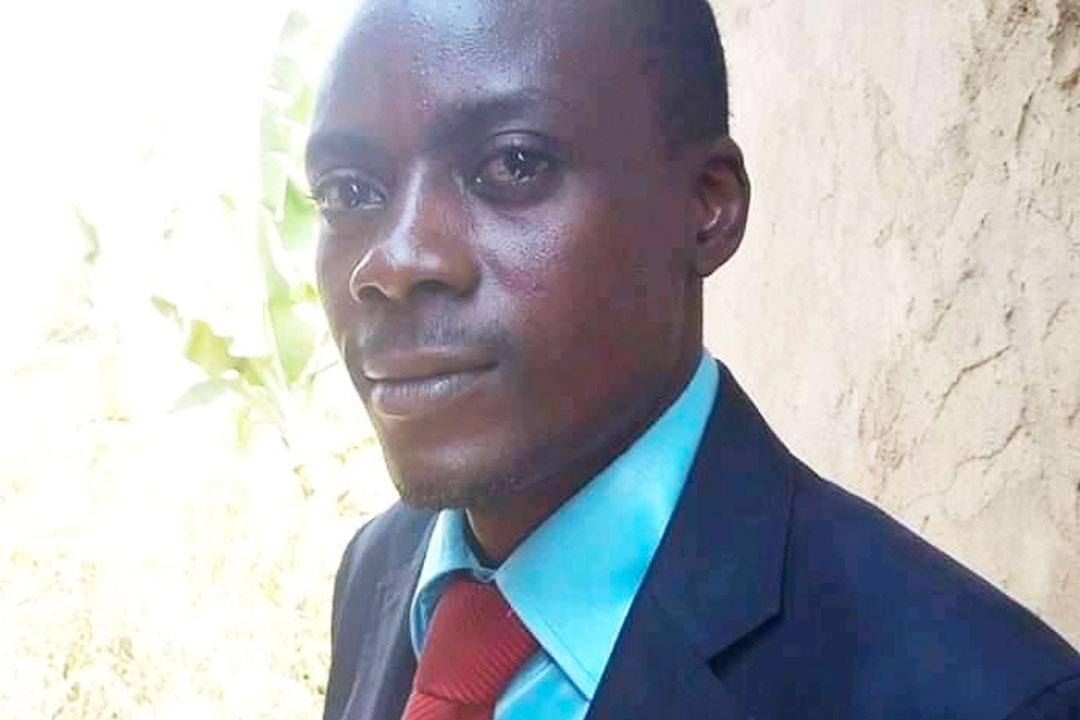Talking or writing about Rwanda has become very politicized. After two decades, Rwanda and its representatives dictate what should be said, who says it, and more importantly, what is acceptable and unacceptable. This silencing ideology is currently seen in the response to my article entitled Denied Victimhood and Contested Narratives: The Case of Hutu Diaspora. The idea that Rwanda might not be a unified country and that its population might not all think the same way is challenged and silenced under the assumptions and accusations that anyone who critically reflect on Rwanda and come up with a slightly different narrative is part of the opposition. Anyone who uses the concept of ‘ethnicity’ to describe Rwanda is seen as simply promoting ‘genocide ideology,’ and anyone who dares to combine the words ‘Hutu’ and ‘victimhood’ is claimed to be encouraging the ‘Hutu power ideology.’
This not only proves the image of a repressive government that silences its people, but also a government that does not accept an objective and critical analysis of the current situation in both Rwanda and its Diaspora. It is with this in mind that I am addressing the serious attacks Ambassador Olivier Nduhungirehe, ambassador of Rwanda to Belgium, Luxemburg, and European Union (EU), has made regarding my article and then directly, to myself. Rather than engaging in a debate on Facebook or Twitter, I chose to communicate using this medium because I feel that the controversial conversation that is taking place should not be done privately, behind closed doors, but publicly, engaging the Rwandan community in Diaspora. Based on that, I am willing to have an academic discussion and not engage in under-handed social media attacks.
First of all, the study and article discussed in this response went through rigorous scrutiny when doing the data collection and the writing of the article. This article was based on 46 interviews and about 150 surveys. A team of scholars at the School for Conflict Analysis and Resolution at George Mason University directed the research and critically assessed the data collected, the findings, and results. After a year’s worth of work, an article was produced, which went through scholarly reviews and several drafts were produced that led to the final product that was published. The study, which the article came from, explored the notions of individual and social identities of a group by looking at the narratives they had created about themselves, about their historical experiences, their trauma, and both the homeland and the host-countries’ social categorization. It aimed to investigate the creation of the Hutu identity in the diaspora and how Rwandans, identifying as Hutu, understood their past, their connection to Rwanda, and how they coped with the dominant narrative of the genocide in Rwanda.
Saying that there is not Hutu and Tutsi identity but one Rwandan identity is ignoring every single theory of identity formation (Tajfel, Turner, Korostelina, Stets, Castells, Peacock, etc.) We all create a sense of self through group membership. Our encounters with others crystalize our identity and our sense of belong to a particular group. When the narratives of identity are normative, such as it is in Rwanda with the label of Tutsi victim and Hutu perpetrator, indirect and direct norms and stereotypes are attached with these labels. Through these particular labels or social categorization, one group (the Rwandan Tutsi government) has drafted and incorporated stereotypes in their descriptions of the Hutu diaspora, also called Negative Diaspora. In order words, by calling Hutu Negative Diaspora, they are first acknowledging that there is such a thing as the Hutu ethnic diaspora group. Consequently, the idea that ‘we are all one Rwanda’ is contradicting the other narrative. Second, they are socially categorizing Hutu Diaspora through the lens of a stereotypical negative community, which ironically reinforces the importance of their ‘chosen’ identity. Finally, by looking and understanding the different theories of identity and social identity formation, they are empowering them to create counter–narratives that promote their idea of self-identification.
Therefore, it seems like people have read the title of the article without reading the actual article or understanding how identity is formed, especially when identity is either imposed or social constructed through social categorization. I accept critical feedback and encourage productive conversations but I regret the way the current conversation is going on and encourage people to read the article and formulate their opinion and argument after reading the entire article. It is essential for all of us engaged in social activism and Peace Studies to open the discussion to others who do not have the same opinion as us, because it is only by creating inclusive narratives that we become united and stop more atrocities from happening.
Claudine Kuradusenge
Jambonews





